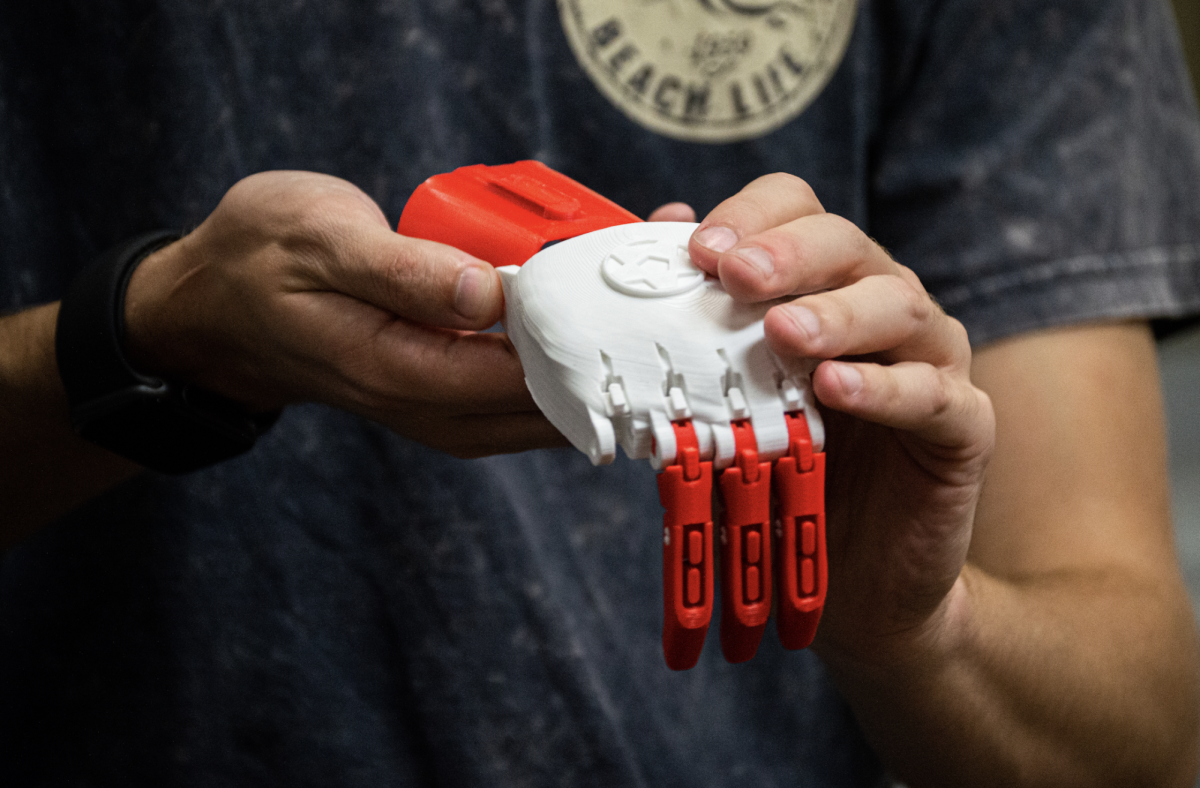The Food and Drug Administration announced yesterday that Plan B, an emergency contraceptive pill, will be available without a prescription for people 18 years old and older.
A representative from the Plan B Information Center said the pill will be available over the counter by the end of the year.
Reactions across campus differed. Some students supported the decision, others were against it and some declined to comment.
Dan Papier, sophomore in biomedical engineering, said he thinks the pill being readily available is good.
“I’d rather have a backup plan than a child born to a house that’s not ready for it,” he said.
The pill is essentially a double dose of a birth control pill. It contains the hormone levonorgestrel, the same hormone in the birth control pills that health care professionals have prescribed for more than 35 years, according to the Plan B Web site. The difference is that Plan B contains a larger dose of levonorgestrel than the amount found in a single birth control pill.
The Plan B Web site emphasized that the pill is an emergency contraceptive, meaning it is a backup method only and should not be taken in place of regular birth control.
That’s one of the issues about which Andrew Krupp, a senior in microbiology and employee of a Kerr Drug pharmacy, said he is concerned.
“I’m kind of worried that it’s going to be overused, like people will use preventative measures less now that there’s [this] option,” he said.
Other students said they felt that the pill shouldn’t be available at all.
“I’m not for birth control to begin with, so I don’t think it should be given out to anyone,” Jenique Taylor, freshman in First Year College, said.
The FDA’s approval of the pill garnered some political controversy with some institutions like Wal-Mart, which refuse to sell it.
“One pharmacist, based on his religion… doesn’t like to dispense it” Krupp said of a pharmacist at Kerr Drug.
Dr. Charlotte Sweeney, staff physician at Student Health Services, said she agrees with most, but not all, of the decision.
“It’s a good decision, except I would not have put an age of 18 on it,” she said. “It’s arbitrary.”
Dr. Andrew C. Von Eschenbach, acting commissioner for the FDA, said in an Aug. 23 memo that the age limit was established because Barr Laboratories could not prove that Plan B could be used safely and effectively by girls 16 and younger without the supervision of a licensed practitioner to administer the medication.
According to Harold Davis, consumer safety officer for the Center for Drug Evaluation and Research at the FDA, the administration came up with the age factor because 18 is normally the age at which someone is considered an adult.
Davis also emphasized that the pill is only for a emergencies.
“Plan B is an emergency contraceptive [for] when you don’t expect to have sex and emotions overcome common sense and it just happens. Something has to be done for those people, and that’s when they came up with Plan B,” he said. “It’s emergency; it’s not something you’re taking on a daily basis like the oral contraceptives.”
The FDA released a report requiring all Plan B packages to remain behind the pharmacy counter to prevent availability of the pill to teens 17 and younger, who still need a prescription.
The Plan B Web site stresses that the pill is commonly confused with the abortion pill, RU-486, but the two are different.
Plan B works like a regular birth control pill, preventing pregnancy mainly by stopping the release of the egg from the ovary, and also preventing the fertilization of the egg. The pill may prevent the egg from attaching to the uterus.
RU-486 blocks the actions of the naturally occurring hormone progesterone, which is necessary for pregnancy to continue, according to TalkMedical.com. When used with another medicine called misoprostol, RU-486 is used to end a pregnancy in its early stage.
Plan B will not affect a fertilized egg if it is already attached to the uterus, so if a woman is already pregnant, the pill will not work.
Sweeney stressed that women taking the pill need to read the accompanying materials.
“They need to read the insert,” she said. “It’s not 100 percent protection against pregnancy.”
When taken as directed within 72 hours after sex, Plan B can reduce the risk of pregnancy by 89 percent, according to the Plan B Web site. The sooner patients take Plan B within that period, the more effective it has been proved to be.
Rachel Greenstein, a junior in sociology, said prevention is going to be important in ensuring the pill is used correctly.
“People need to be educated about its uses and when it is appropriate,” she said. “Clearly, it’s not the same as contraceptives — that’s why it’s called ‘Plan B,’ because it should be a secondary, back-up method of pregnancy prevention.”




